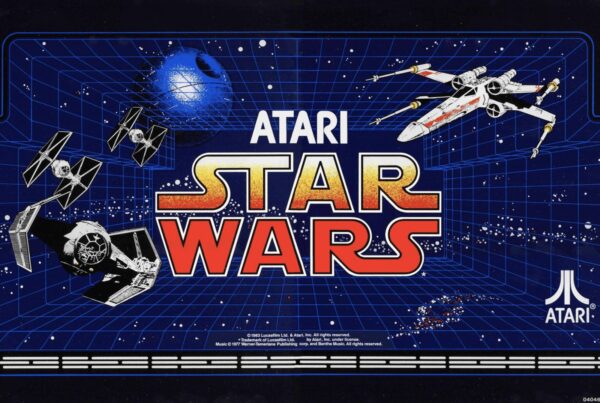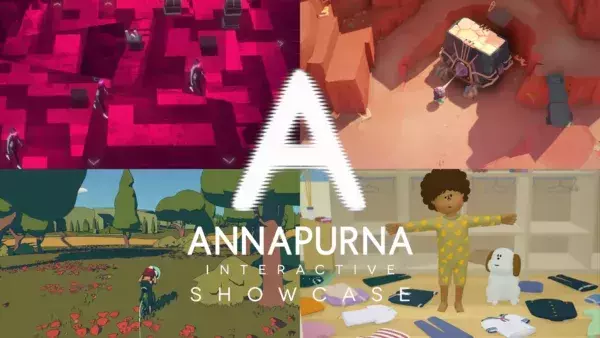
“I shot an arrow into the air, it fell to earth, I knew not where,” is the beginning of a short poem by Henry Longfellow. A recent experience leads me to paraphrase it thus: I put a product into the world, yet foresaw not how it unfurled.
As with any creative production, when I put it out to the world I expect something to come back. Hoping it’s positive, but knowing full well feedback isn’t always delightful (after all, I did release the E.T. video game). But love it or hate it, I hope to learn something from how the feedbacker relates to the product. Such was the case with my book, Once Upon Atari: How I Made History by Killing an Industry. I expected a wide variety of feedback, but I never anticipated this:
“I like anything Atari – so I recommend if you are a fan of the early VCS, get this for sure…” Sounds good so far. Reading on, I encountered this: “…There is very little technical info in this book. It’s dumbed down so a ten-year-old could read it and understand everything. Another disappointment.” [Italics are mine, but the quote is verbatim.]
I found this disappointing. Not because the reader missed the point – they didn’t. I intentionally wrote Once Upon Atari in a way that makes technology and technologists understandable to everyone, not just insiders. That’s what I was going for, and clearly he got it. Mission accomplished, right? Apparently not. He perceived my intention accurately but took it as a flaw because it wasn’t what he was looking for. He was disappointed by his unfulfilled expectations.
We have a saying in the therapy community: an expectation is a down payment on a resentment. His expectations (formed in advance and quite contrary to my published characterisations of the book) created the basis for how he felt about the book. It’s the difference between curiosity and judgement. Instead of just reading it to see what’s there (curiosity), he read it to find something he was already looking for (judgement). When we come from curiosity, we’re open to anything and may gauge the experience freely. When we come from judgement, the world is bifurcated into matches and non-matches, typically with non-matches summarily discarded. Curiosity opens the world; judgement tends to shrink it.

Not technical enough? It’s Howard’s book, Once Upon Atari, available now.
And where did he get these expectations? I never represented the book as a manual or technical treatise. If you look at the promos, it’s all about the drama of my journey, not the layout of the chipset. I chose wit and wisdom over bits and bitdom. Does any of that matter? Not too much. The fact remains he read the book seeking a very specific experience, which unfortunately was not the one I was offering. That’s not extraordinary; that’s just life.
As the creator of the work, I have several options. I can explain how this is a feature, not a bug, denying his opinion. I can point out he has misinterpreted promotional messages, invalidating his opinion. I can write him off as a doofus, ignoring his opinion. It seems whichever way I turn, it’s all about his opinion. How can I make him see and acknowledge my design intent? How can I get him to appreciate (or at least consider) my work in that light?
The point is: regardless of my intention with a product, consumers will judge it and form their opinions based on their expectations… and that’s appropriate. To be clear, I don’t like it, but it strikes me as appropriate. So, what are we to do with this?
Some devs slam people who don’t like their product, calling them simps, lame-os, and a cornucopia of colourful epithets. The truth is: opinions are always right and never need to be defended. The only thing you cannot righteously do with an opinion is call it a fact (yes, I’m aware that some rather self-righteous people do so regularly). Opinion is the furthest thing from fact because fact is all about verifiability and opinions are independent of validity. If I say it’s my opinion, that’s valid. If I change it a moment later, that’s valid too. Because opinions are just opinions. And who cares about opinions? As developers, we do!
In our business, opinions matter a great deal. As video game developers, we cross over a line where opinions not only matter, they can make the difference between success and failure. Between profit and loss. What about reviews? Word of mouth is crucial, but reviews can dictate which people will bother to pick up a game and form an opinion. Trusted reviewers earn our trust over time with consistency and quality. We can tell.

In 2012, Fallout: New Vegas got an aggregate score of 84 on Metacritic – reportedly falling one point short of the score it needed for its developers to get their bonus.
I try to respect opinions of people who sample my work. Over the years, I’ve had lots of opportunities to practice this skill. When people tell me how bad E.T. is, I never argue with them, but I do ask them one question: ’Have you ever played it?’ I don’t challenge opinions, but occasionally it’s fun to qualify them.
Opinions are not only biased by expectations, they can also be biased by assumptions. Lots of people approach a piece of entertainment assuming it was made specifically for them. This isn’t true, of course, but that’s how they judge it. And often they’re justified in this belief, since promotional materials will tell them it was made specifically for them. But even without ads, people still come from this mindset. As developers, our challenge is to reap the feedback and improve our products, because trying to improve the opinions is a fool’s gambit. It’s also nearly impossible to do, which kind of makes it more attractive.
When we put our designs out there, they come back to us in unpredictable ways. When you shoot those arrows into the air, try not to be too shocked when one or two land in your foot.





